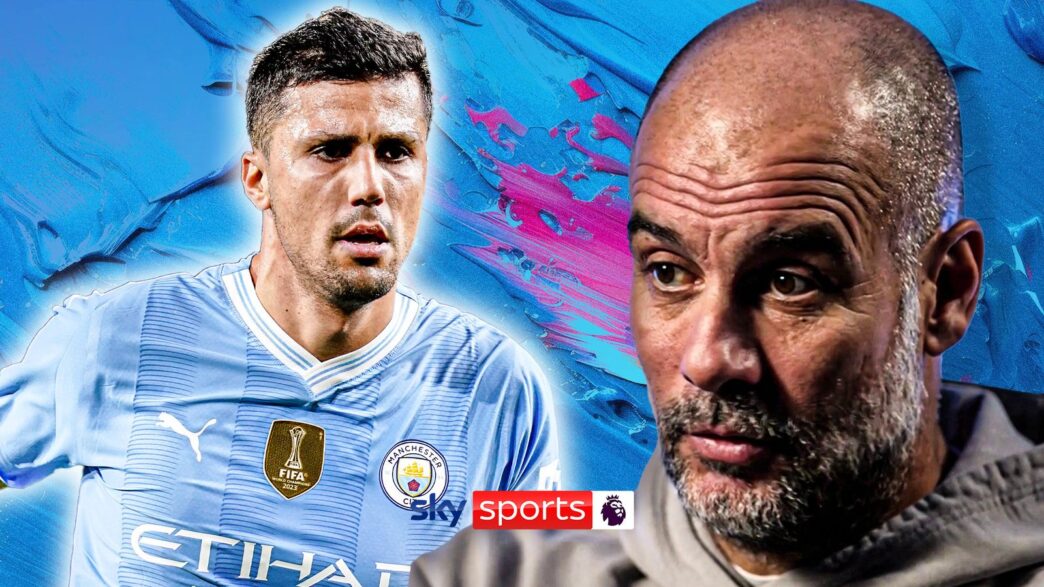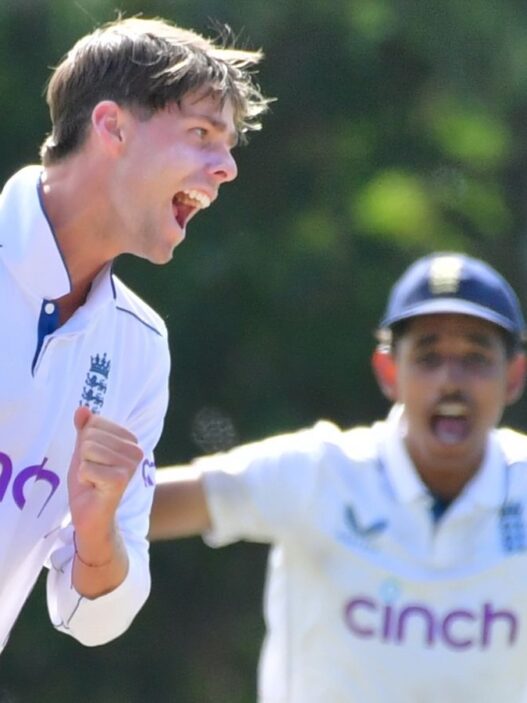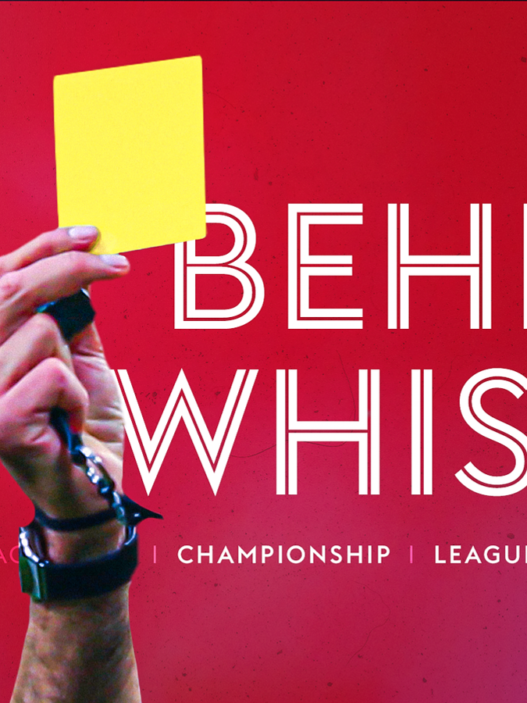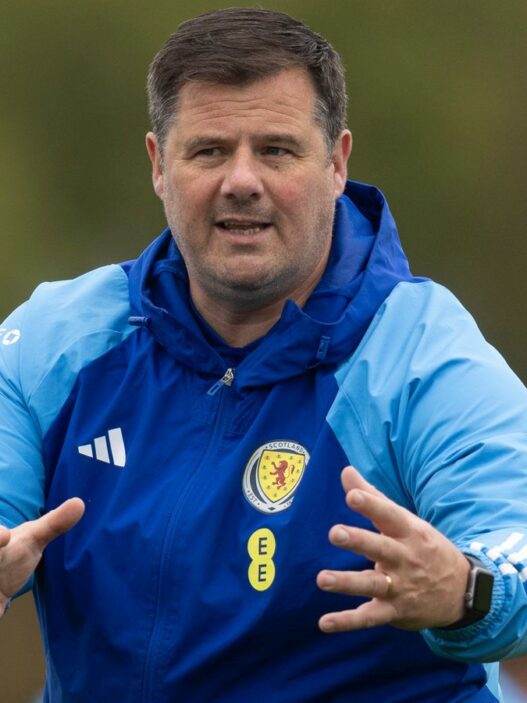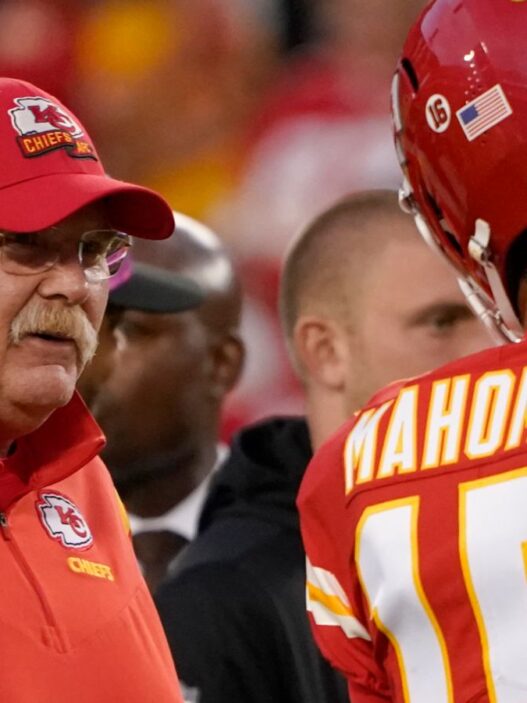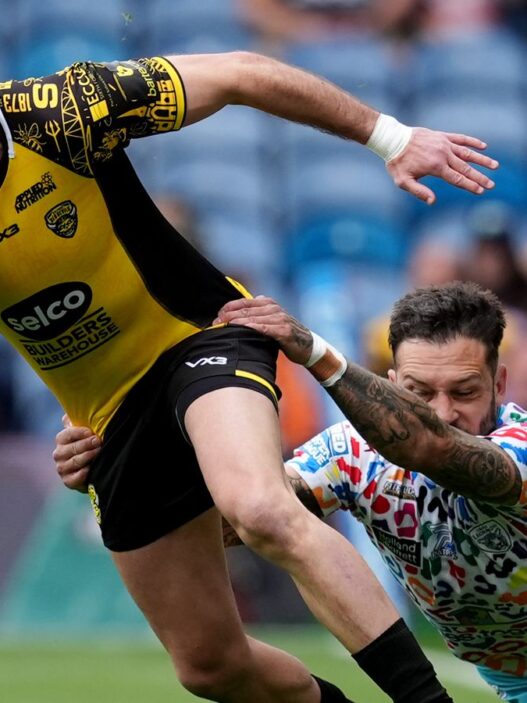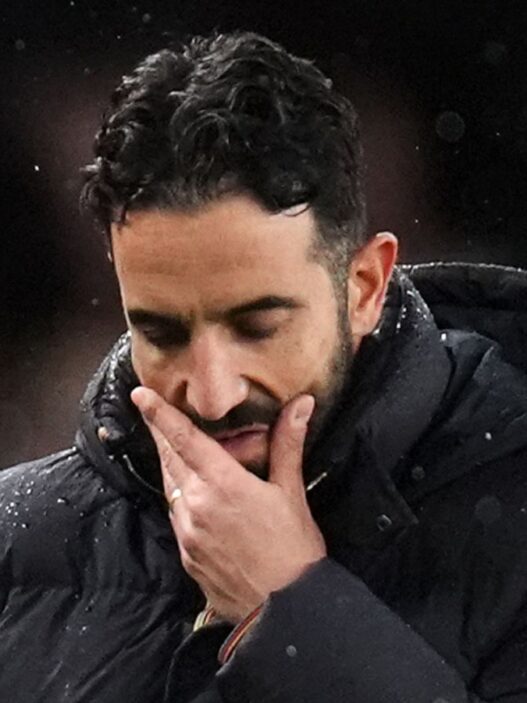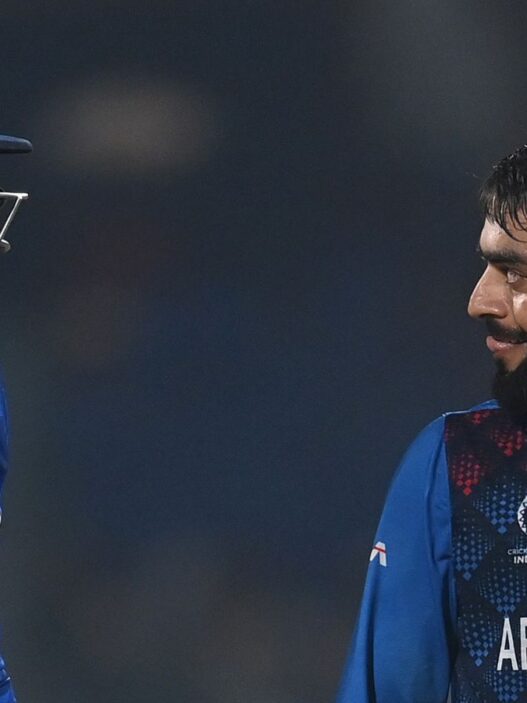“Data analytics was a big step,” Jan Wendt tells Sky Sports. “This is a giant leap in the evolution of football data.” Wendt is the co-founder of PLAIER, a company that is helping to bring artificial intelligence technology into Premier League football.
They are already working with four Premier League clubs and 10 times that number globally. By harvesting vast data and utilising AI to make sense of it, they are providing guidance on transfers, squad cohesion and whether it is now time to sack the coach.
The initial plan of Wendt and his business partner was to use AI as a prediction tool but they soon realised that just measuring football is the main challenge for decision-makers within the game. “That is just as important right now to make better decisions.”
Having built what they claim to be the largest database ever constructed in football – “an exotic mesh of event data, injury data and salary data across over 100 leagues” – they are working with everyone from owners to data analysts to help change the game.
“We look at it in three steps. One, we can tell you exactly how strong your squad is and how strong you need it to be to achieve your goals. Two, we can tell you the expected impact of each player on your team’s goal difference at the end of the season.
“We provide very clear insight so you know exactly what positions to target to get stronger. The third part is helping clubs to find the right players, investing the money in the best possible way. It is better insight to help make better decisions, basically.
“Imagine you are a doctor and you have to make a diagnosis without an X-ray. You know the leg hurts, but you can only touch it with your hands to see if it is broken or just bruised. Or someone has lung issues but you can only listen to them cough.
“Then a guy with an X-ray comes along. It does not mean that the past decisions were wrong, it just gives you an extra level of insight into what is happening. We offer an extra tool. It gives an owner a very transparent view of what is happening at their club.
“If you want to reach Europe, these are your competitors and this is how strong they are. Want to outperform them? You will have to do this and this. We can show how strong your squad will need to be, providing a clear picture of how to get to the next level.”
While all clubs have access to the same data through PLAIER, how they use it differs. Some have been willing to use it too as a filter to better target their scouts, while others are more circumspect and prefer to have it there as a sense-check on their signings.
“They create a list of players they like, we create a list of players that our system recommends and we see if there is an overlap. That is how the more careful clubs operate. The more advanced way is to really use it to find recommendations.”
Surprise Kane prediction
What are the lessons learned? “Defensive positions are cheaper than offensive positions.” No surprise there, perhaps. But the consequences of acquiring that expensive new striker can be complex. There is more to it than the goals they score.
Some of the insights might shock. When Harry Kane signed for Bayern Munich, for example, PLAIER made headlines in Germany when it was revealed that their models predicted the Bundesliga’s record signing would not have a positive impact on the team.
“In the end, they had a goal difference of 54 without him and 49 with him,” says Wendt. Bayern’s lowest for 13 years. “Tottenham also became better, won more points, scored more goals and had a better goal difference. That is how we had simulated it too.”
It is no slight on Kane, just a recognition that football is a team sport with many moving parts. Add something to a team and you can lose something elsewhere. “The first season with Erling Haaland, Manchester City also scored fewer goals,” adds Wendt.
Calculating individual player impact is hugely useful for clubs when making decisions on recruitment and retention. “This is the most used tool.” With the click of a button, Wendt can show the likely consequence of replacing one player with another.
“Event data has been around for 15 years or more now. What we want to measure is systems efficiency, not how they can dribble or how quick they are. How does the player contribute to the success of a team? That is what we have to work out.
“That is all that matters because this is a team sport with a lot of dependencies and correlations. What the AI does is like a helicopter, it takes an overview. Then it tries to find patterns in these billions of correlations. There is so much data, what is important?
“If we were proposing a player to join Manchester City, we would simulate 38 games against each Premier League team 100,000 times to see how that works. You cannot process that data manually, it would kill a computer. You need artificial intelligence.”
Continuing with Manchester City, he makes his point. “For example, Ederson or Stefan Ortega? The score is almost the same.” But then he removes Rodri from the City side. “It has a massive impact.” And this would have been flagged as a risk long before his injury.
“A player like Rodri is in the 7000 range on our metric. There are maybe 200 or so players in the world over the 6000 level so there is a risk in having a player that good. Replacing them is very difficult. Could you replace Roger Federer in your Davis Cup team?”
Coach impact overrated
In contrast to Wendt’s view on the significant impact of world-class players, the impact of coaches is something that he regards as overplayed. He did not come into it with pre-conceived ideas. It was a finding. “This was kind of surprising for us,” he admits.
“One of the more interesting learnings from AI is that the quality of the player is responsible for around 90 per cent of sporting success and the coach’s contribution is only around 10 per cent. Now, remember, 10 per cent can still make the difference.
“But coaches tend to only overperform with a team for a maximum of a year. No coach in our system over the last 10 years has overperformed for long, with a few exceptions.” Who are they? “Christian Streich at Freiburg and Pep Guardiola at Manchester City.”
Guardiola’s recent struggles – without Rodri, of course – only serve to highlight the point. It can also work the other way. The models also suggested, contrary to popular opinion at the time, that Jurgen Klopp was not wildly overperforming at Liverpool.
Wendt shows a graph that has Klopp right on the line of where results might be expected to be for a team of that quality. “You can see Jurgen is here, right on the green line, as he was in the previous season.” That line represents performing in line with expectations.
Again, it is not to discredit Klopp. Part of the reason why these players are so highly rated is because Klopp improved them. “Jurgen contributed to it, of course. And it is not that Arne Slot does not deserve credit either. But it is a very strong squad,” says Wendt.
“Right now, I think our models show that Liverpool have the strongest squad in Europe, maybe the second strongest squad. If a new coach comes in with fresh motivation, and he is able to add another two per cent, then the results of that can be astonishing.”
The temptation to change coaches will only grow now the transfer window is closed. “It is the only real thing you can change now. It is like a Hail Mary pass in football.” But through the insights provided by PLAIER, the hope is that better decisions will be made.
“Owners always have that problem, is my squad not good enough or is it the coach not getting the best performance out of the squad? Thomas Tuchel at Chelsea, for example. That was not necessary. He was basically performing as good as the squad was.”
Wendt talks of “educating the market” and “providing a more precise foundation for decisions” in an industry that can still be guided by emotion and gut feeling. One suspects this could be just the start because PLAIER intends to expand its reach.
“We have some psychological parameters now. We can predict injuries. It is an extraordinary tool and we add stuff every few weeks but in a careful way because there is already too much. If we put it all in, people would just find it too difficult to operate.”
It seems football becoming more complicated. Ironically, the aim of all this is to make decisions simpler. “We want to make it black and white for the club. This player is either good enough to make you better or not. Simple as that.” Welcome to the world of AI.


